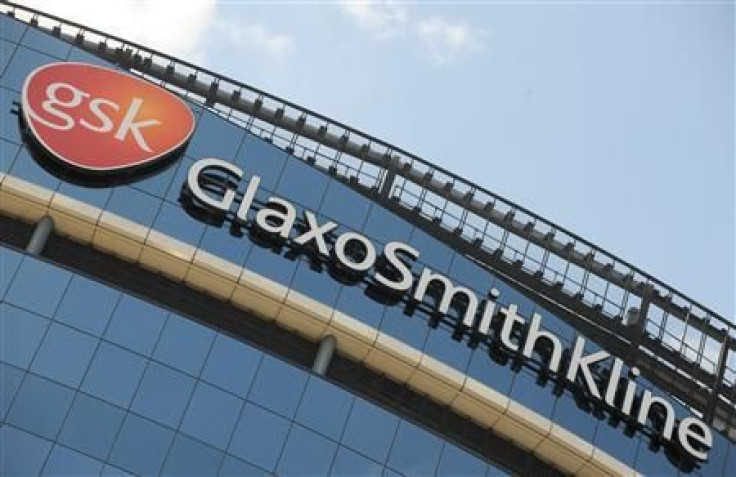US Signs $200M Deal With GlaxoSmithKline To Develop Antibiotics, Award Is First Of Its Kind

The Biomedical Advanced Research and Development Authority (BARDA), part of the U.S. Department of Health and Human Services, will award $200 million to health care giant GlaxoSmithKline (GSK) to develop antibiotics that will combat drug resistance and bioterrorism.
The deal is the first of its kind between the U.S. and a drug company. GSK is based in the United Kingdom and is the fourth largest pharmaceutical company in the world. The joint effort between GSK and BARDA will attempt to tackle the problems of antibiotic resistance and the increase in the number of "superbugs" that cannot be treated with traditional medicines.
GSK is one of few big pharmaceutical companies still researching new antibiotics. Superbugs are believed to be the result of overprescribed antibiotics. Overprescription leads to the body creating resistant bacteria that antibiotics can no longer defeat. Although superbugs pose serious risks to patients fighting illnesses, they are also costly to research and create antibiotics for, especially for such a small segment of the population. As a result, many big drug makers shy away from antibiotics for superbugs.
"The market for a new antibiotic is very small, the rewards are not there and so the capital is not flowing," said Paul Stoffels, pharmaceuticals head at Johnson & Johnson. "In cancer, people pay $30,000, $50,000 or $80,000 (per patient) for a drug, but for an antibiotic it is likely to be only a few hundred dollars."
But David Payne, head of GSK's antibacterial discovery unit, said that public-private partnerships like the one with the U.S. could be a key part of solving a really huge problem before it gets out of hand. Reports suggest that drug-resistant bacterial infections could spark a global crisis in the coming years because resources for new antibiotics to combat them are scarce.
"There is an urgent need to address antibiotic resistance and new models are needed to deal with this challenging area of drug development," said Payne. "We strongly believe that innovative public-private partnerships such as this are integral to solving this critical healthcare issue and we are delighted to work with BARDA in a more strategic way."
Under the initial terms of the agreement, the Department of Health and Human Services will provide $40 million for 18 months of research. If the agreement is renewed for five years, GSK could gain up to $200 million for its efforts.



























